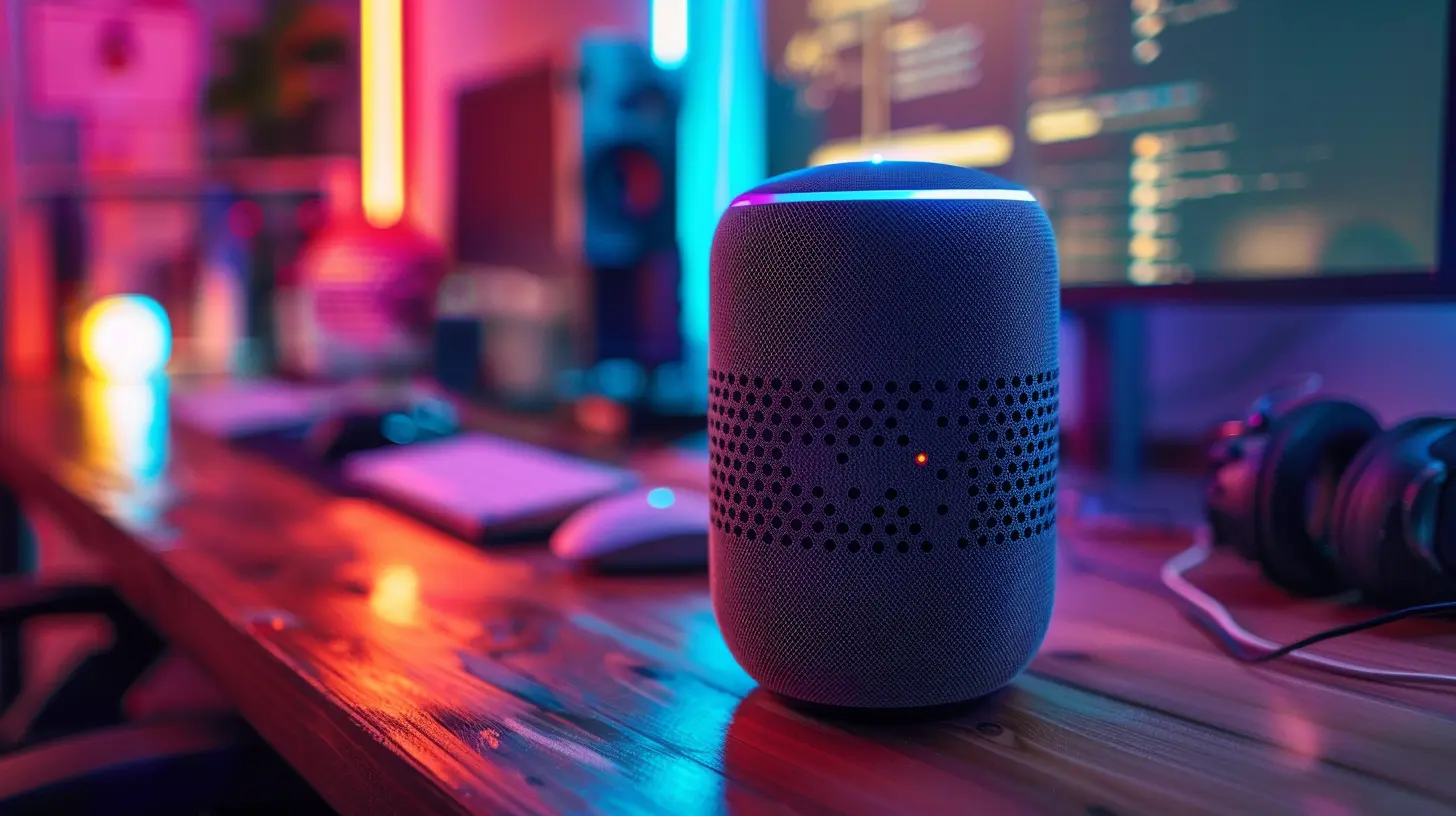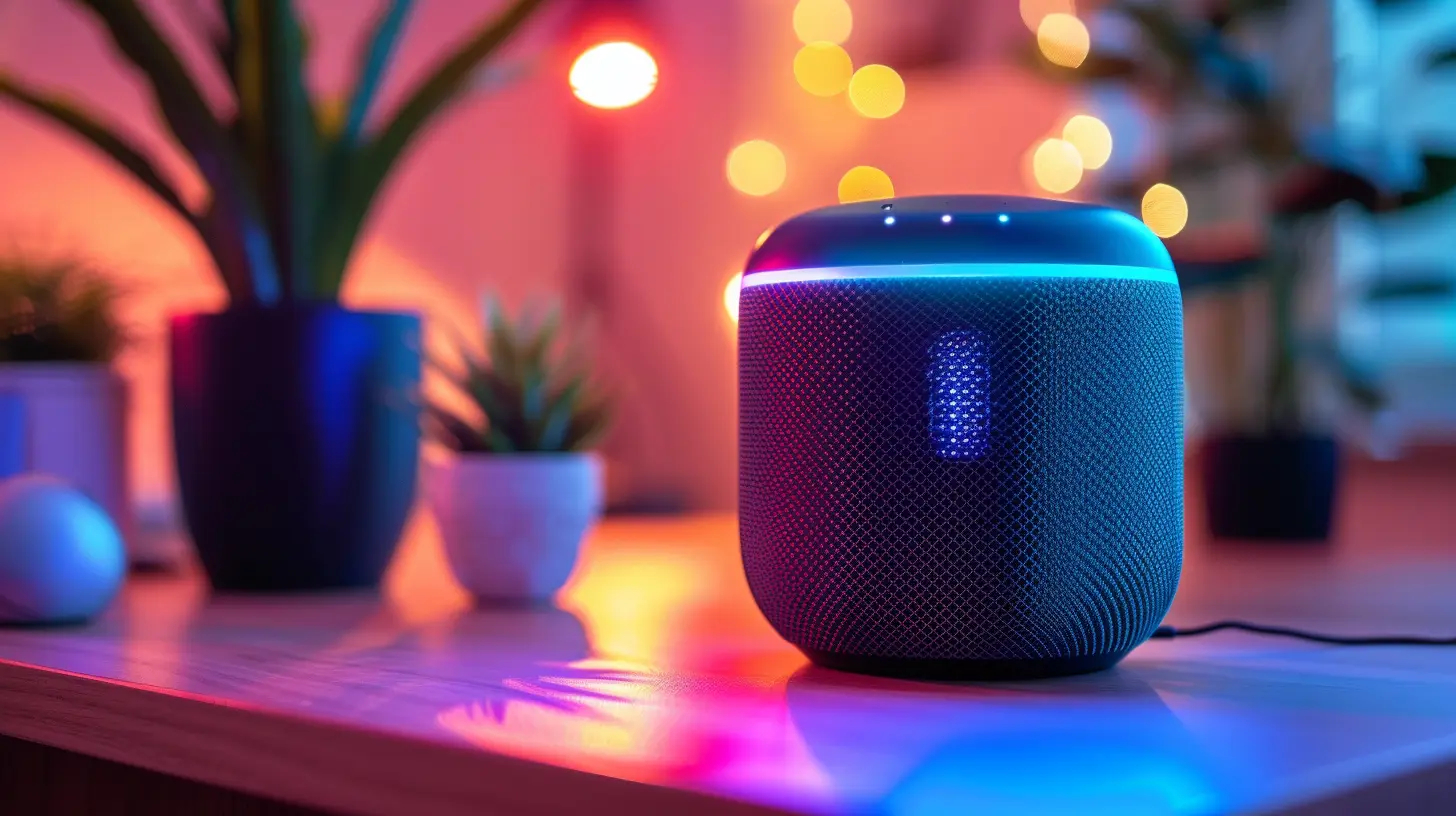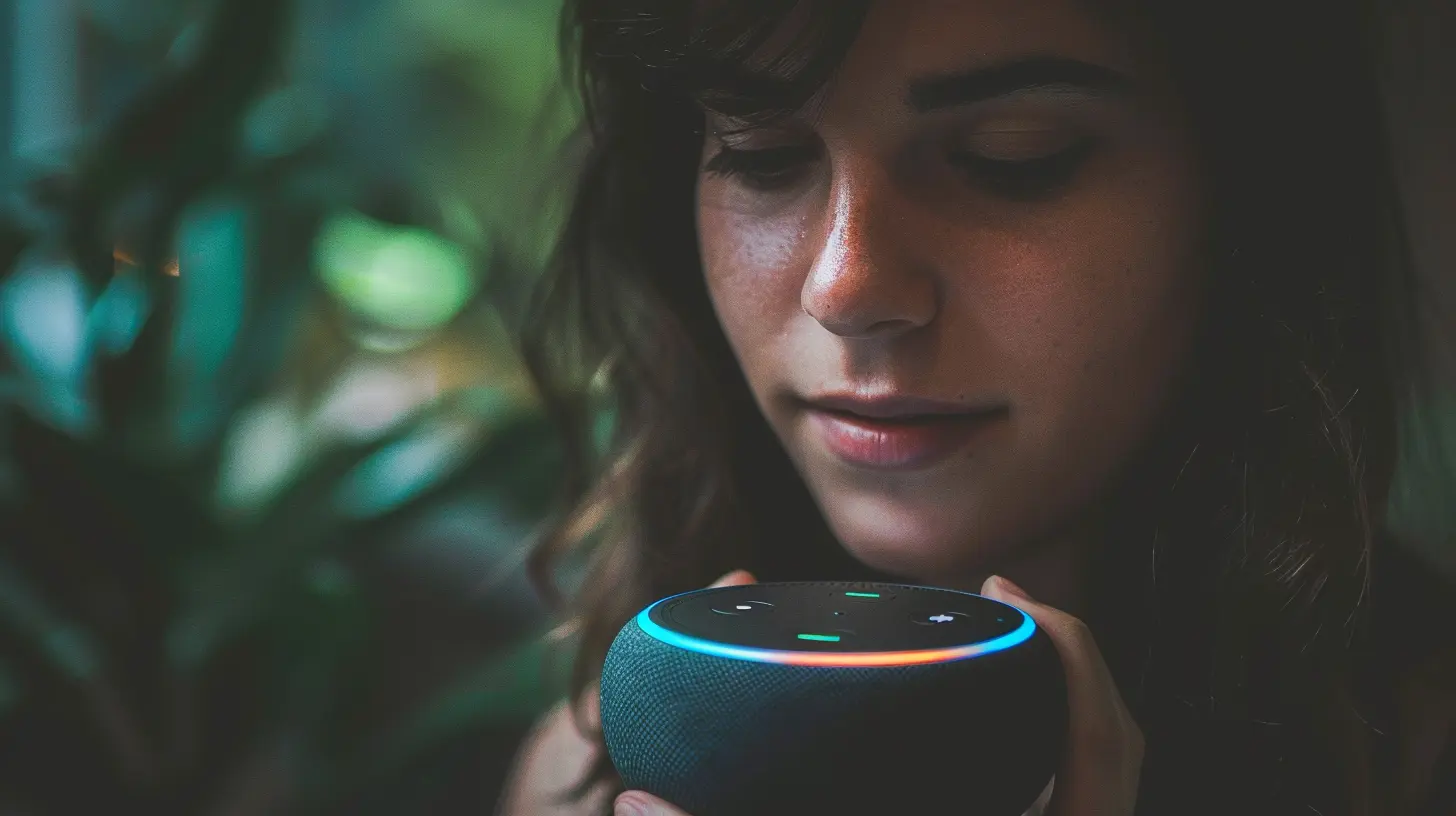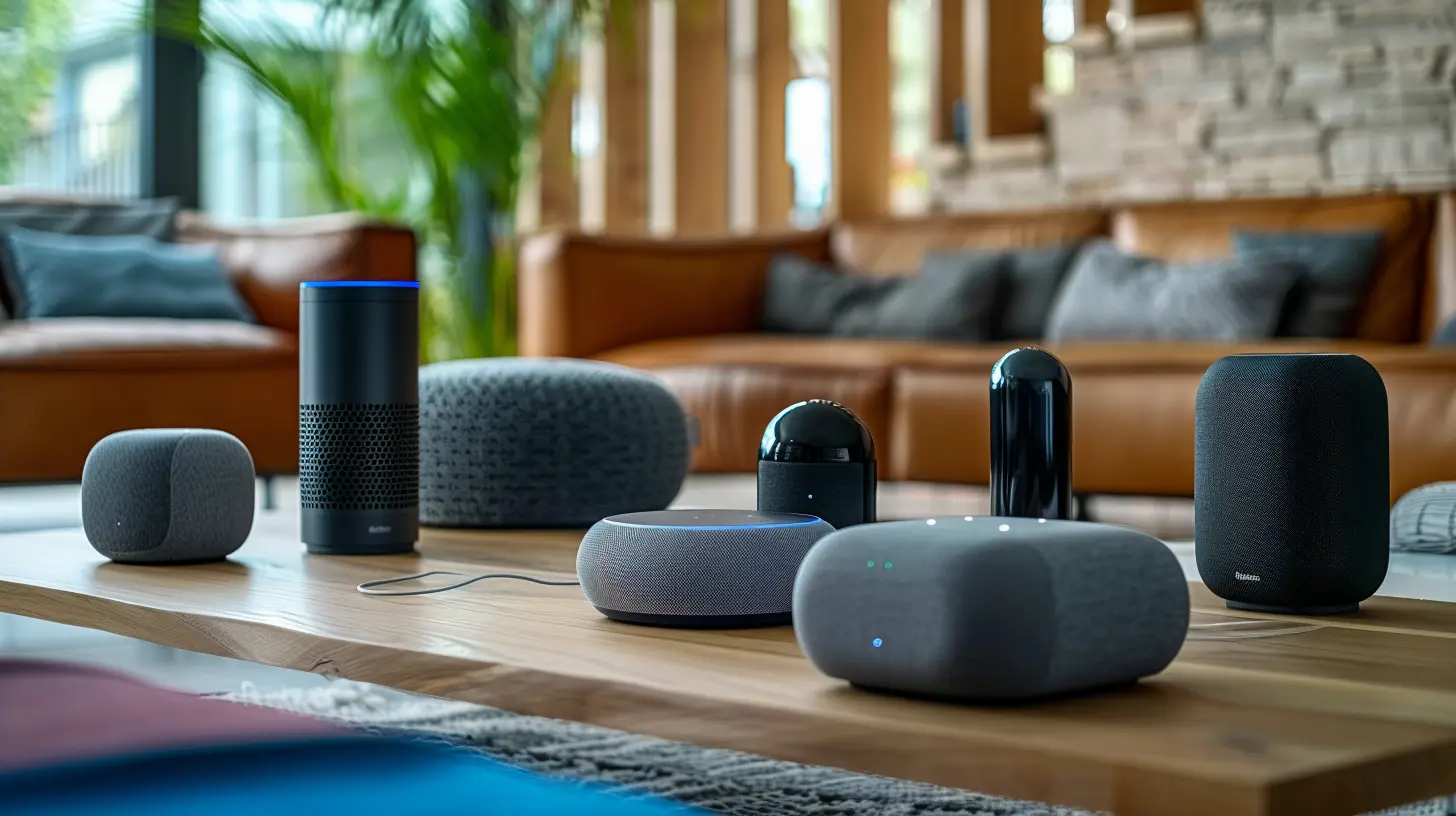What to Consider When Choosing Your First Voice Assistant
29 October 2025
Voice assistants have become an integral part of modern life, making daily tasks easier, automating home controls, and even providing entertainment at a simple voice command. If you're thinking about getting your first voice assistant, it can feel overwhelming with all the choices available. Should you go with Alexa, Google Assistant, or Siri? What features really matter? Let’s break it down so you can pick the right one for your needs. 
1. Compatibility With Your Existing Devices
Before jumping into the world of voice assistants, the first thing you should consider is how well it fits into your current tech ecosystem. Different voice assistants work best with specific brands and devices.- Amazon Alexa: Works seamlessly with Amazon devices like Echo smart speakers, Fire TV, and various third-party smart home products.
- Google Assistant: Integrates well with Google Nest products, Android smartphones, and a variety of smart home gadgets.
- Apple Siri: Best for Apple users, as it connects effortlessly with iPhones, iPads, Macs, and HomePods.
If you own an iPhone, AirPods, and a MacBook, Siri might be the best fit. But if you're deep into Amazon shopping and have Fire TV, Alexa could be your ideal choice. 
2. Smart Home Integration
A voice assistant should make your life easier, not just answer questions. If you're venturing into smart home automation, your voice assistant should be compatible with your smart devices.- Alexa: Works with a wide range of third-party smart home brands, from Philips Hue lights to Ring doorbells.
- Google Assistant: Connects well with Google Nest products and other major smart home brands.
- Siri: Limited to Apple HomeKit-compatible devices, meaning fewer options compared to Alexa and Google Assistant.
If you're planning a fully connected smart home, Alexa or Google Assistant offer more device compatibility outside Apple's ecosystem. 
3. Sound Quality and Speaker Options
If you're going to rely on your voice assistant for music, podcasts, or voice calls, sound quality matters.- Amazon Echo Devices: Decent sound quality for casual listeners, but higher-end models like the Echo Studio offer great audio.
- Google Nest Devices: Generally offer better audio compared to Echo devices, with deep bass and clear vocals.
- Apple HomePod: The best choice for audiophiles, offering excellent sound quality but at a higher price.
If you love music and want great sound, Google Nest or Apple HomePod takes the lead. 
4. Privacy and Security
Voice assistants listen for their wake words, but privacy concerns remain a major consideration. Different brands handle security in different ways:- Alexa: Allows you to delete voice recordings and customize privacy settings, but Amazon has faced scrutiny regarding user data.
- Google Assistant: Offers similar voice history deletion options, with privacy controls in your Google account settings.
- Siri: Generally considered the most privacy-focused, as Apple prioritizes on-device processing and doesn’t store much user data externally.
If you're highly concerned about privacy, Apple's Siri is the safest bet.
5. Accuracy and Responsiveness
A voice assistant should understand and respond quickly to your commands. While all three major assistants—Alexa, Google Assistant, and Siri—are good, some perform better in certain areas.- Google Assistant: The best at answering general knowledge questions, thanks to its superior AI and Google Search integration.
- Alexa: Excellent for smart home controls, third-party integrations, and custom routines.
- Siri: Best at Apple ecosystem commands but occasionally struggles with general queries.
If you want an assistant that answers trivia and provides useful information, Google Assistant is the most reliable.
6. App and Service Integration
What services do you frequently use? Your voice assistant should support your favorite apps.- Alexa: Works with Amazon Prime Music, Spotify, Apple Music, and many third-party skills (like ordering an Uber).
- Google Assistant: Compatible with YouTube Music, Spotify, and Google services like Calendar and Gmail.
- Siri: Best for Apple Music users but integrates well with Apple’s ecosystem, including iMessage and FaceTime.
If you're an Apple fan, Siri makes sense. But for broader compatibility, Google Assistant or Alexa might be better.
7. Price and Budget
Your first voice assistant doesn't have to be expensive. There are budget-friendly options as well as premium models.- Amazon Echo Dot ($50 or less): Affordable, good for beginners, and often discounted.
- Google Nest Mini ($50 or less): Compact, good sound, and integrates well with Google services.
- Apple HomePod Mini (~$99): More expensive but premium build and excellent sound quality.
If you're on a budget, the Echo Dot or Nest Mini are great starters. If you're willing to spend a bit more for quality, the HomePod Mini might be worth it.
8. Voice Assistant Personality and Experience
Let’s be honest—some voice assistants have more personality than others.- Alexa: Friendly and informative, with customizable skills and a variety of voice options.
- Google Assistant: More natural and conversational, often providing detailed answers.
- Siri: Polite but less flexible than Alexa or Google Assistant.
If you want a more engaging and fun AI to chat with, Google Assistant feels the most natural.
9. Future-Proofing and Updates
Technology evolves quickly, so picking a voice assistant that keeps up with updates is crucial.- Google Assistant: Frequently updated with AI improvements and smart home expansions.
- Alexa: Regular updates, but sometimes slower to roll out new features.
- Siri: Apple updates Siri mostly during iOS updates, but its progress has been slower compared to competitors.
For long-term usability, Google Assistant leads in innovation.
10. Your Primary Use Case
Consider what you'll actually use your voice assistant for.- Entertainment & Music – Google Nest and Apple HomePod offer the best sound quality.
- Smart Home Control – Alexa has the widest range of compatible devices.
- General Knowledge & Searches – Google Assistant excels at this.
- Privacy Concerns – Siri is the most privacy-focused option.
- Budget and Affordability – Alexa and Google Assistant offer more budget-friendly choices.
Make a list of your priorities and match them with the assistant that fits best.
Final Thoughts
Choosing your first voice assistant depends on your personal preferences, existing devices, and long-term goals. If you're all-in on Apple, Siri is the logical choice. If you want the best smart home control, Alexa is a solid pick. And if you're looking for the smartest AI and best search capability, Google Assistant is the way to go.No matter which one you choose, a voice assistant can simplify your everyday tasks, making life just a little bit easier. So, weigh your options, consider your needs, and pick the one that fits your lifestyle best.
all images in this post were generated using AI tools
Category:
Voice AssistantsAuthor:

Pierre McCord
Discussion
rate this article
1 comments
Poppy McTier
Consider compatibility, features, and privacy when selecting your first voice assistant for optimal experience.
October 31, 2025 at 3:20 AM

Pierre McCord
Absolutely! Prioritizing compatibility, features, and privacy is essential for a satisfying voice assistant experience.

